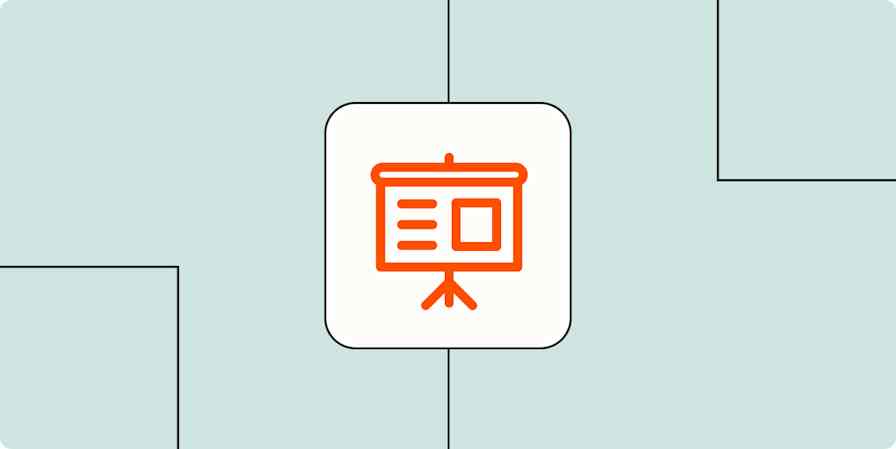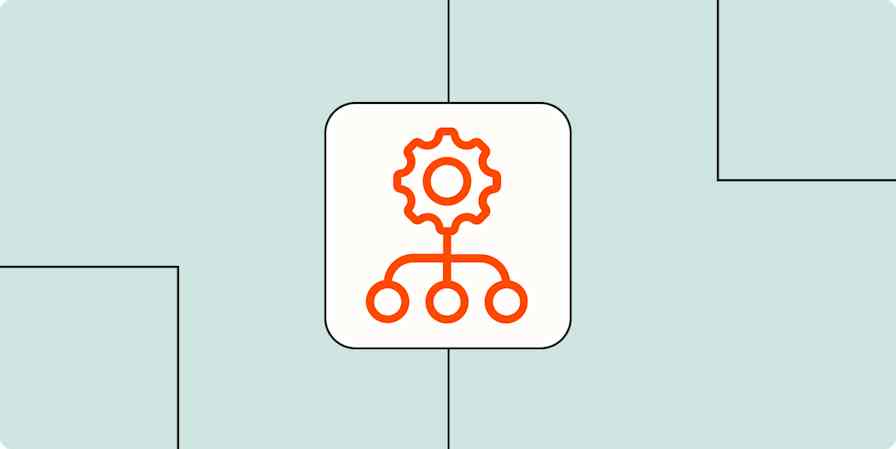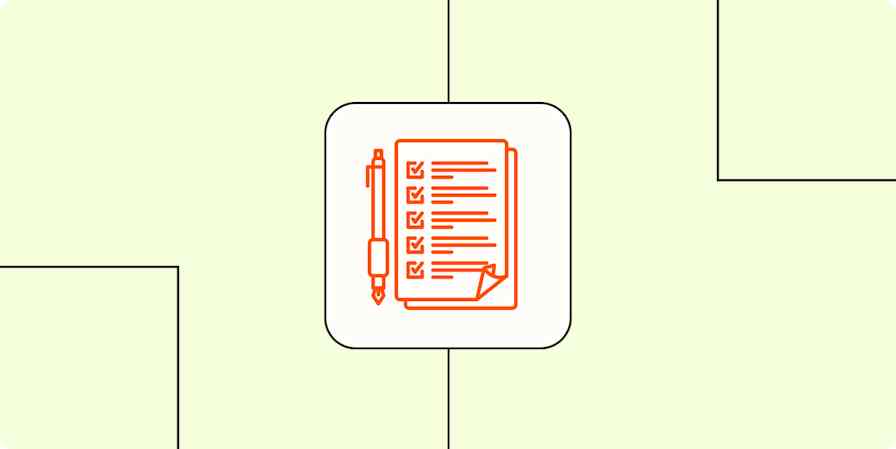Productivity tips
5 min readHow I created a system for building habits to improve my productivity
By setting up systems and making incremental changes, you can give your willpower a break
By Micah Bennett · June 29, 2020

Get productivity tips delivered straight to your inbox
We’ll email you 1-3 times per week—and never share your information.
Related articles
Improve your productivity automatically. Use Zapier to get your apps working together.








